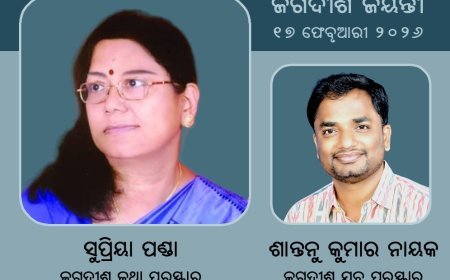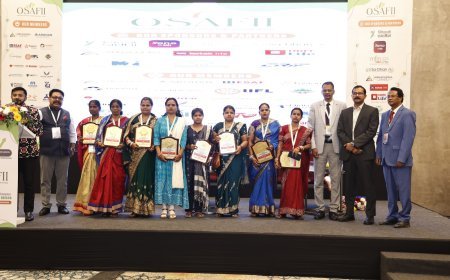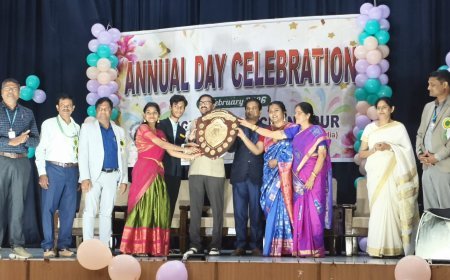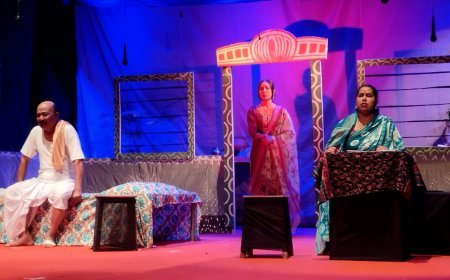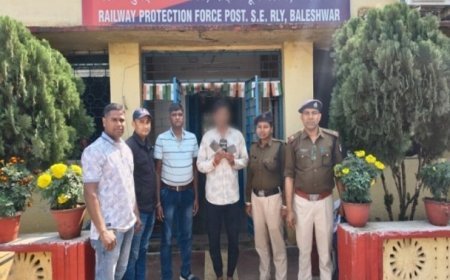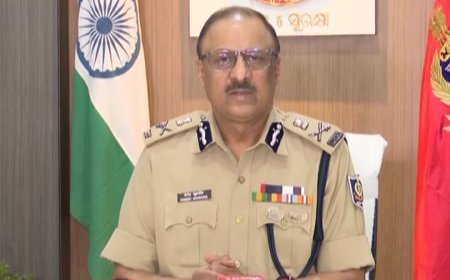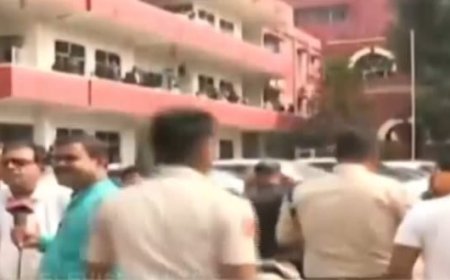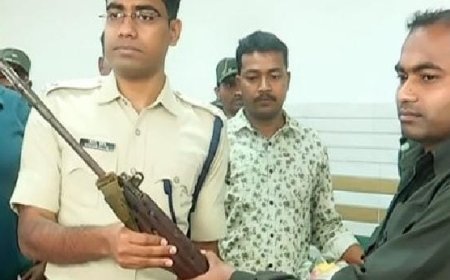Pandit Nilamani Vidyaratna: The Timeless Scholar and Cultural Luminary

SANJAY BHATT
Born on December 14, 1867, in the culturally rich region of Brajbiharipur Village (Baideshwar) in Banki, Cuttack district, Pandit Nilamani Vidyaratna emerged as a towering figure in literature, culture, and social reform. Renowned for his extraordinary scholarship, creativity, courage, and patriotism, he was aptly honored with the title "Vidyaratna" by Maharani Kusumvati and Maharaja Dasharathi Mangaraj of the Badamba State. His unwavering dedication to the cause of literature earned him further accolades from Maharaja Sudhaldev of Bamanda.
Pandit Nilamani Vidyaratna's contributions transcended mere literary achievements; he was a steadfast guardian of the Odia language. As a magazine editor, he championed the purity of pronunciation and writing, playing a pivotal role in the Odia language movement. His profound intellect and leadership inspired many kings and emperors to unite Oriya-speaking people and advocate for a separate Odisha province. His wisdom and determination not only challenged the British government but also won the hearts of countless individuals.
Despite facing poverty and illness, Nilamani's determination led him to achieve remarkable distinctions in both Odia and English literature. His body of work includes over 50 timeless poems, essays, and other literary compositions. He consistently promoted literature and language, supported literary talents, and maintained impartiality and fearlessness in his editorial endeavors. As a social reformer, he courageously opposed orthodox ideas, becoming a beacon of change for the larger Brahmin community.
Nilamani Vidyaratna's advocacy extended beyond Odia. He strove to establish the permanence of Bengali, Bihari, and Telugu languages, challenging the orthodox linguistic preferences of the time. His firm opposition to the use of Hindi in Sambalpur and Telugu in Ganjam garnered both support and resistance. In 1887, while editing Haiteshini magazine in Sambalpur, he and his contemporaries successfully introduced the Odia language in the Sambalpur court, replacing the prevailing Hindi language.
Under Nilamani's eloquent leadership, the Sambalpur language movement achieved significant success. The Home Secretary Resell's circular transferring regions from Madhya Pradesh's Chhattisgarh Division to Odisha was a testament to his effective advocacy.
Beyond his editorial and linguistic contributions, Nilamani Vidyaratna was a fierce critic and patron of literature. His mentorship transformed many aspiring poets into notable figures. He supported renowned writers like Byasa kabi fakir mohan, Swabhav Kabi Gangadhar, Bagmi Vishwanath, and Anshmani Mohanty, fostering the growth of countless new writers. He even funded the research expenses for Pathanisamant's treatise and showcased his scholarly prowess by translating significant works into Urdu.
On July 26, 1923, Odisha lost this illustrious leader, but his legacy endures in the rich tapestry of Odia literature and culture. Pandit Nilamani Vidyaratna remains a symbol of scholarship, patriotism, and unwavering dedication to the advancement of language and society.








